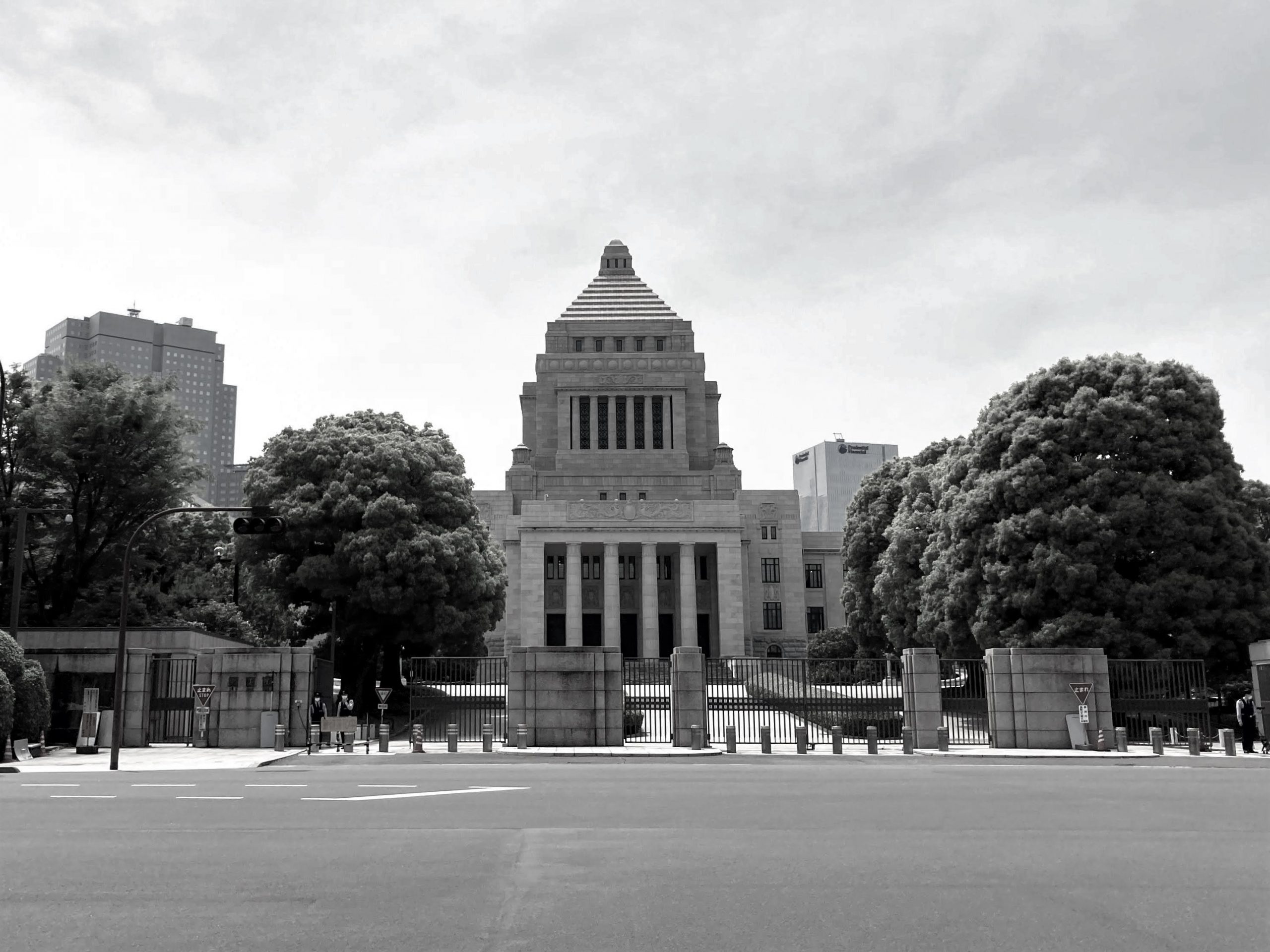Three Important Agendas about Japan’s General Election
The House of Representatives was dissolved yesterday towards a General Election at the end of the Month. This comes only weeks after a new PM, Fumio Kishida formed a government. What is the choice posed to the public? I believe it will be about three different, but intertwined topics.
First, it will be a referendum on the LDP-Komeito ruling coalition government. The coalition has ruled Japan for close to 20 years except for a 3 years period between 2009 to 2012. Since regaining power in 2012, the Abe Administration was the longest serving government in modern Japanese Politics. After PM Abe step down due to health reasons, a short lived Suga Administration followed. Although much of the recent change from Suga to Kishida can be attributed to intra-LDP power struggles, polling did suggest that the Coalition was heading into a tough election cycle.
Now that the LDP has a new leader, the voters will judge whether they are satisfied with the Coalition itself. The immediate focus of the electorate seems to be COVID related policy, and how to rebuild the economy in a post COVID world. Objectively, the track record of the Japanese government is not bad. Japan has much fewer infection and or fatalities compared with most industrialized nations. Vaccination rates are best-in-class among major countries. Yet, the nation’s mood doesn’t necessarily reflect this, and public frustration will likely be a headwind for the ruling Coalition.
Second, the electorate will determine whether they approve of the new direction set by PM Kishida. A carefully staged pseudo-regime change within the party has long been the LDP’s way of staying in Power. Changing the face of the party serves as a “reset button” to alter public sentiment, or sometimes it can prompt a new direction in policy as well. Kishida is taking a stand in economic policy.
“A new Japanese Style Capitalism” is a phrase often used by Kishida to describe his economic policy. Although the policy details are often vague, the sentiment it represents is fairly clear. It aims to transform the economy to be fairer and more inclusive. It sees the widening income inequality as a major problem, and emphasizes the redistribution of wealth. This is seen as a clear shift from the past LDP lead administrations who, although reluctantly and at an incremental pace, embraced the necessity for structural reform. Kishida goes so far as to characterize reform to the “rules of the jungle” and “cold”.
As expected, the market did not react well to this new direction. The term “Kishida Shock” was coined during the short period he has been in the power where the Nikkei Stock Average fell more than 2000 yen in the first 8 days. As a result, Kishida has had to walk back some of his ideas, such as an increase in capital gains tax. There is widespread consensus that Japan needs a sizable economic stimulus to boost its economy of the COVID induced recession. However, what happened in terms of economic policy in the mid to long term is strikingly unclear. How the public will react to the Kishida left leaning economic tendencies will be a key factor for the election.
Another key pillar in Kishida’s economic agenda that has flooded headlines is “Economic Security”. A new and dedicated Ministerial post was established within the Cabinet. Also, the new General Secretary of the LDP, Akira Amari is seen to champion this new direction. In a nutshell, the policy ties economic policy with security policy in light of the new geo-political reality that is China. Industries designated as “strategic”, mostly in tech, will be under tighter government control so as to prevent any security concerns. More scrutiny will be given to how global supply chain set up in such industries, so as to create a bubble that shields industry from certain countries.
This is Japan’s attempt to provide a path forward in the era of US-China conflict. The two countries represent the #1 and #2 trading partner for Japan, thus mishandling of the issue could be detrimental for Japan at many levels. Also for the US, Japan is the key economic and geo-political ally in its power struggle against China. Whether economic policy will be governed by the principles of openness and fairness, or whether it will be governed by strategic camps of countries, will be critical question not only for Japan but for the world.
The third and slightly less important point of the upcoming election will be how the electorate views the opposition. The power struggle and potential policy shift in the LDP has had an eclipsing effect for the Opposition. The largest Opposition Party, the Constitutional Democratic Party (CDP) has had to lean further to the left to differentiate itself from the Kishida Administration. It has also ventured into an agreement with the Japanese Communist Party to collaborate both in selecting joint candidates in majority of districts under a common platform. This is expected to help them tactically to consolidate the opposition vote, while potentially being harmful strategically as it might scare off moderate voters.
Either way, two and a half weeks of passionate campaigning is expected to set Japan towards a new direction.

